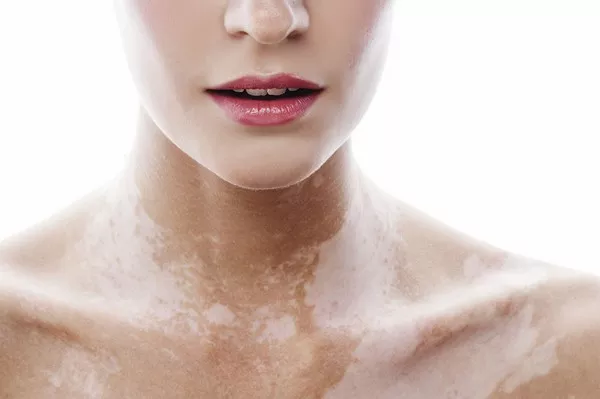Skin diseases are rapidly spreading in Gaza’s Al Mawasi “safe zone,” near Khan Younis, as the area’s displaced residents grapple with severe water shortages and inadequate shelter conditions.
Dr. Hossam Nasser, who previously worked at the Indonesia Hospital in northern Gaza, has set up a field clinic in the southern region after fleeing the intensified military operations by Israel against Hamas, which began in October. This clinic serves those who cannot access hospitals due to injuries or ongoing conflict.
“The primary cause of the skin disease outbreak is the lack of water, preventing people from maintaining basic hygiene,” Dr. Nasser told The National. “In the current summer season, people typically bathe twice a day in the heat, but now they struggle to bathe even once a week.”
Over 500,000 people in Al Mawasi are sheltered in makeshift structures of nylon or metal sheets, unfit for long-term living. “The hot weather exacerbates the spread of diseases, and these materials only make the tents hotter,” Dr. Nasser noted.
The available water is contaminated and unsuitable for use, further worsening the situation in the overcrowded tents, Dr. Nasser added. Most of the cases he treats are skin-related, particularly among infants whose sensitive skin requires special care. Many residents suffer from sores and blisters caused by insect bites, which proliferate in the unsanitary conditions with no water to maintain hygiene.
“The scarcity of necessary medicines worsens the situation,” Dr. Nasser said, pointing to the severe shortages in Gaza due to the ongoing blockade. “Basic creams, antibiotics, and fever reducers are all unavailable.”
Eed, a 40-year-old resident who fled Rafah and now lives in a tent in Al Mawasi, described the dire conditions. “The pervasive waste fosters disease, and there is no medical care or medicine. My nylon tent is unbearably hot, but staying outside is not an option either,” he said.
Umm Omar, another resident, shared her struggle with her daughter Marwa, 7, who has developed scabies due to the lack of clean water. “My children walk long distances to fetch water,” she said, having fled from Beit Hanoun in northern Gaza. “This contagious disease means I cannot isolate Marwa from her siblings as we all live in one tent. She cries constantly from the pain.”
Although Umm Omar managed to buy medicine for Marwa for 30 Israeli shekels ($8), she expressed concern about affording it in the future. “I bought it this time, but I won’t be able to again because of our financial situation, and my husband is unemployed,” she lamented.
The residents of Al Mawasi face a growing health crisis, with no immediate relief in sight, as water scarcity and unsanitary conditions continue to drive the spread of skin diseases.
Related Topics:



























